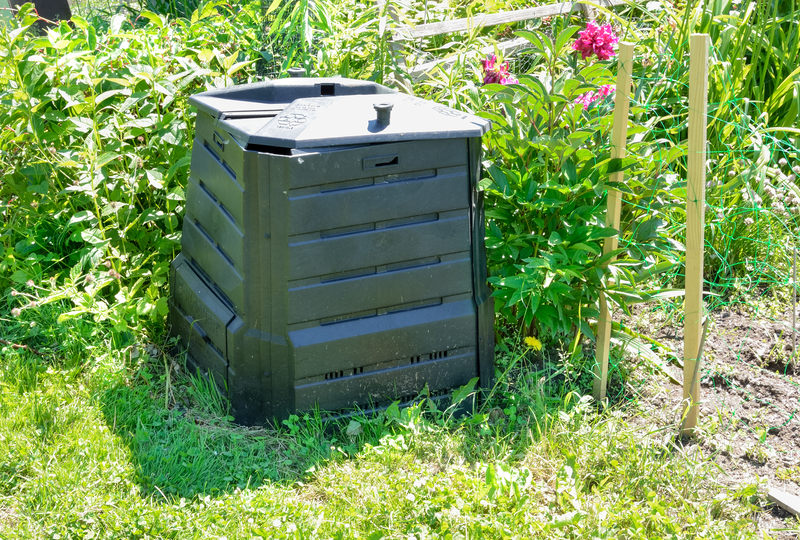Upgrade Everyday Recycling Habits
Posted on 09/01/2025
Recycling is essential for the sustainability of our planet. However, effective recycling requires more than just tossing items into the bin. Upgrading your everyday recycling habits can make a substantial impact on the environment. This article explores how to improve your recycling efforts, providing tips, pros and cons, and actionable takeaways.
Understanding the Basics of Recycling
Before delving into advanced recycling techniques, it's crucial to understand the basic principles. Recycling involves converting waste materials into new products, thereby reducing the consumption of raw materials, energy usage, and pollution. Commonly recyclable materials include paper, plastic, glass, and metals.

Why Enhance Your Recycling Habits?
Enhanced recycling habits ensure more materials are reused effectively, decreasing the strain on natural resources. Moreover, robust recycling habits can significantly reduce landfill waste, thereby mitigating pollution and greenhouse gas emissions. Understanding these benefits will motivate you to adopt better recycling habits.
Tips to Upgrade Your Recycling Habits
1. Sort Waste Correctly:
Ensure you sort your waste correctly between recyclable and non-recyclable items. Consider having separate bins for paper, plastics, metals, and glass to make the process easier.
2. Clean and Dry Items:
Always clean and dry items before recycling. Food residue can contaminate recyclables, rendering them non-recyclable.
3. Reduce and Reuse:
Before recycling, think about reducing your waste or reusing items. For instance, use a reusable water bottle instead of buying plastic bottles.
4. Know Your Local Guidelines:
Recycling guidelines can vary by location. Familiarize yourself with your local recycling program's rules regarding what can and cannot be recycled.
5. Avoid Plastic Bags:
Plastic bags can clog recycling machines, causing delays and additional costs. Many recycling programs do not accept plastic bags, so use them sparingly or take them to designated drop-off locations.
6. Flatten Cardboard Boxes:
Flattening cardboard boxes saves space and makes the recycling process more efficient.
Advanced Recycling Techniques
For those already practicing basic recycling, consider advanced methods like composting organic waste or even participating in special recycling programs for electronics and hazardous materials. Composting reduces landfill waste and creates nutrient-rich soil for gardening.
Pros and Cons of Upgrading Recycling Habits
Pros
- Reduces environmental footprint
- Conserves natural resources
- Supports waste management systems
- Reduces landfill waste
Cons
- Requires time and effort
- Initial cost for setting up recycling systems
- Need for ongoing education and awareness

Takeaways
- Understanding basic and advanced recycling can drastically improve your environmental impact.
- Simple habits like sorting waste correctly and cleaning items can make a big difference.
- Educate yourself on local recycling guidelines and participate in special recycling programs for hazardous waste and electronics.
- While there are some disadvantages, the benefits of improved recycling habits far outweigh the cons.
Conclusion
Upgrading your everyday recycling habits is a significant step towards a more sustainable lifestyle. By understanding the basics, adopting new habits, and incorporating advanced recycling techniques, you can make a meaningful impact on the environment. Remember, small changes can lead to big results.
Overall, the key to effective recycling is consistency and awareness. Continually educate yourself and those around you for a cleaner, greener future.
Latest Posts
Eco-Friendly Home Organization
Dispose with Care: Responsible Strategies for Removing Waste
Sustainable Solutions for Commercial Waste
Sustainable Solutions: A Closer Look at London's Waste Reduction Efforts

 020 3744 5712
020 3744 5712










